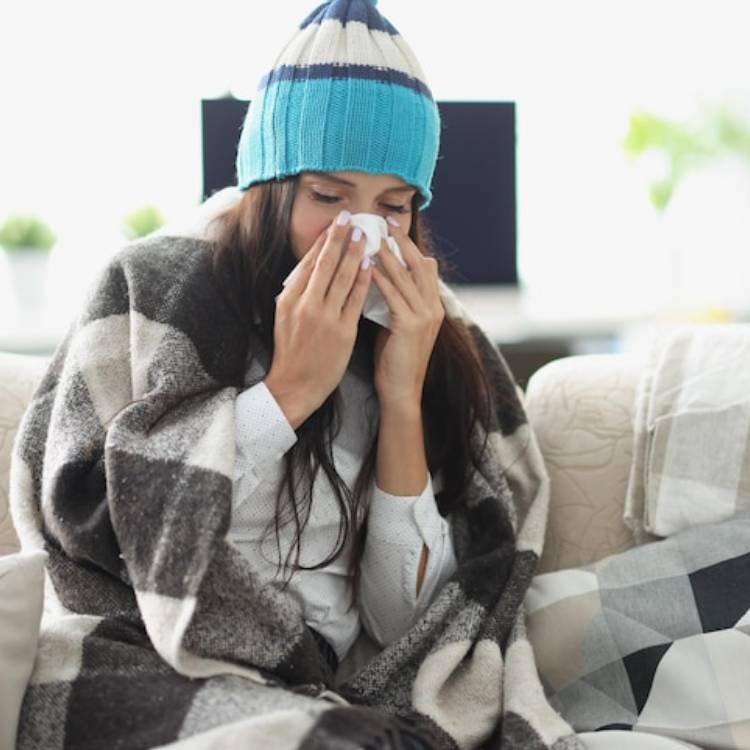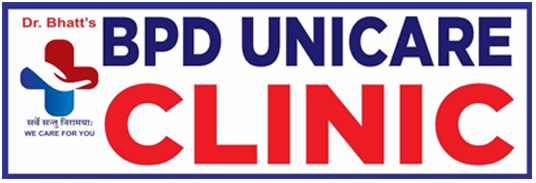Tropical Fever
Tropical fever is a broad term used to describe a range of infectious diseases that occur in tropical and subtropical regions. These fevers are often caused by viruses, bacteria, or parasites that thrive in warm, humid climates. Common examples include malaria, dengue fever, chikungunya, and yellow fever.
Symptoms
The symptoms of tropical fever can vary depending on the specific disease, but common symptoms include:
- High fever
- Chills and sweating
- Headache
- Muscle and joint pain
- Fatigue and weakness
- Nausea and vomiting
- Rash (in cases like dengue and chikungunya)
- Enlarged spleen (in malaria)
- Causes

Tropical fevers are usually caused by pathogens transmitted through insect bites or contaminated food and water. Some common causes include:
- Malaria: Caused by Plasmodium parasites, transmitted by Anopheles mosquitoes.
- Dengue Fever: Caused by the dengue virus, transmitted by Aedes mosquitoes.
- Chikungunya: Caused by the chikungunya virus, also transmitted by Aedes mosquitoes.
- Yellow Fever: Caused by the yellow fever virus, transmitted by Aedes and Haemagogus mosquitoes.
- Typhoid Fever: Caused by Salmonella typhi bacteria, transmitted through contaminated food and water.
- Leptospirosis: Caused by Leptospira bacteria, transmitted through water contaminated with animal urine.
Diagnosis
Diagnosis of tropical fevers typically involves:
- Clinical Examination: Assessment of symptoms and medical history.
- Laboratory Tests: Blood tests to detect specific pathogens, antibodies, or antigens. Examples include:
- Blood smear microscopy (for malaria)
- PCR (Polymerase Chain Reaction) tests (for dengue, chikungunya)
- Serological tests (for dengue, yellow fever, typhoid)
- Liver function tests and complete blood counts.
Treatment
Treatment varies based on the specific illness but generally includes:
- Supportive Care: Rest, hydration, and medications to reduce fever and pain (such as acetaminophen or ibuprofen).
- Specific Medications:
- Malaria: Antimalarial drugs like chloroquine, artemisinin-based combination therapies (ACTs).
- Dengue Fever: No specific antiviral treatment; supportive care is crucial.
- Chikungunya: No specific antiviral treatment; focus on relieving symptoms.
- Yellow Fever: No specific antiviral treatment; supportive care and prevention through vaccination.
- Typhoid Fever: Antibiotics like ciprofloxacin or azithromycin.
- Leptospirosis: Antibiotics like doxycycline or penicillin.
Conclusion
Tropical fevers pose significant health risks in many parts of the world. Early diagnosis and appropriate treatment are crucial for managing these diseases. Prevention strategies, including vaccination, vector control, and safe practices, are essential to reduce the incidence of tropical fevers.
